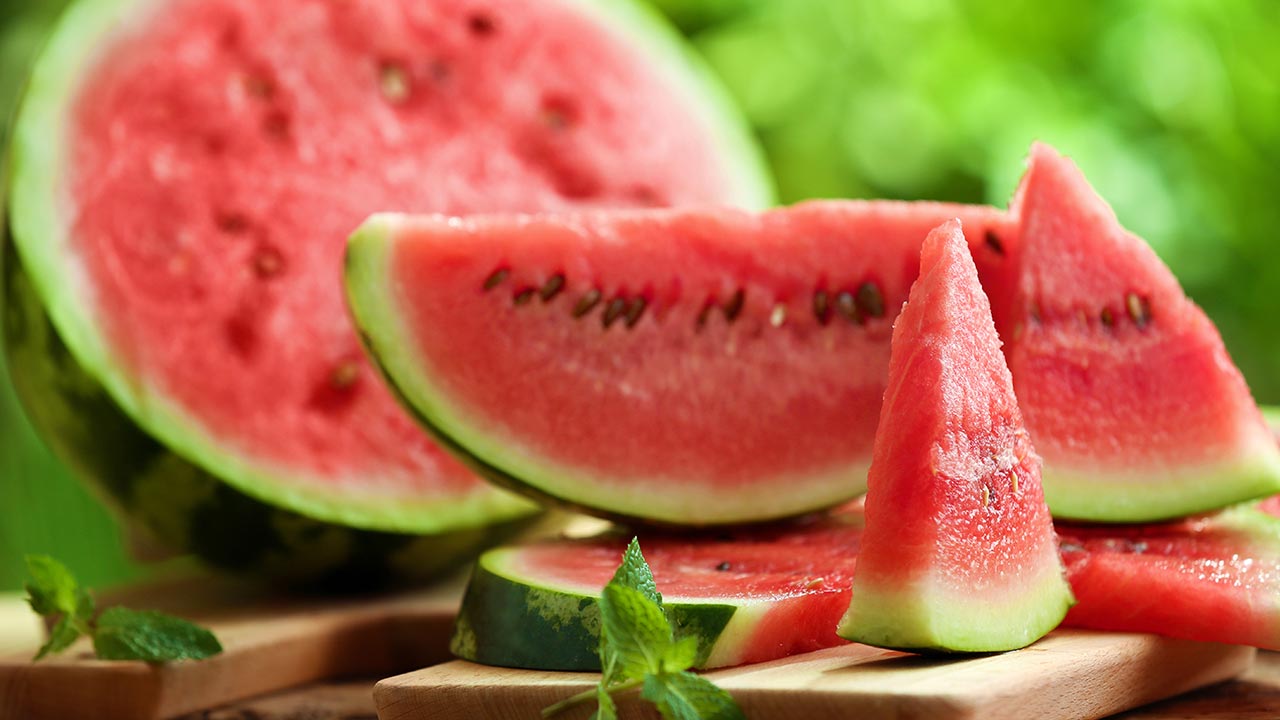5 Best Daily Supplements for a Healthy Body

Hey Angels and Alphas,
Trying to lead a healthy lifestyle can be challenging, especially if you’re not sure what supplements your body needs most. It’s important to always be taking in your daily vitamins and minerals, but it’s hard to know which ones are the most important. Here’s an overview of the best daily supplements everyone should be taking that covers the basics of health, weight loss, muscle growth, and brain function.
Fish oil
Omega-3s are essential fats that are crucial to good health and well-being. The only way to get them is through diet or supplementation, so it’s important to take fish oil daily. Fish oil is also great for heart health, brain function and eye health. The best type of fish oil is the one that has high concentrations of both EPA and DHA (eicosapentaenoic acid and docosahexaenoic acid) because these omega-3 fatty acids have been shown to have the most benefit in studies.
Vitamin D
Did you know? You can get vitamin D naturally from food such as eggs (if they’re fortified with vitamin D), fatty fish like salmon or tuna (canned or fresh), cheese, milk, yogurt (if it’s fortified with vitamin D), and mushrooms. The current recommended daily intake of Vitamin D is 600 IU (international units) per day.If you have any chronic conditions, ask your doctor about how much more Vitamin D you may need. Some doctors recommend a dose of 1000-2000 IU/day to keep the body healthy and in balance.
Probiotics and Prebiotics
Probiotics are live bacteria that are good for the gut and help maintain healthy digestion, which is essential to a healthy body. Probiotics can be found in yogurt, kefir, kombucha, and fermented vegetables. Prebiotics are food sources that help probiotics grow and have been shown to have many health benefits. Foods rich in prebiotics include asparagus, bananas, garlic and onions among others.
Multivitamin
Getting the vitamins and minerals you need is not just about what you eat. You also need to consider what your body needs as well. A multivitamin is an essential part of every day, because it can fill in some of the gaps that food doesn’t provide. Typical recommendations are taking one multivitamin at least once per day, but if you’re eating mostly healthy foods, then twice per week might be enough. The benefits are worth it!
Magnesium
A study done by Dr. Blumberg found that people who had higher levels of magnesium in their diet had lower rates of depression than those with lower levels. This can be attributed to the fact that magnesium is needed to produce serotonin in the brain which affects mood. It is also needed to synthesize proteins and process energy, so it has many health benefits beyond just being related to mood.
Magnesium supplements are very affordable, and they’re a lot more convenient than taking several servings of food high in magnesium on a daily basis. When shopping for supplements, make sure you choose one that contains at least 150 mg of elemental magnesium per serving (or 400mg per two tablets) as well as some calcium, vitamin D3, and vitamin B6.
Zinc
Zinc plays an important role in fertility and reproduction by helping us create new cells. Zinc can be found in many different foods, but most of the zinc we need comes from animal sources like meat and dairy products. Some plant-based sources of zinc include beans, nuts, whole grains, dark green vegetables and wheat germ.
For people who don’t eat these types of food often or who have dietary restrictions, taking a daily supplement is recommended. Taking a daily supplement will not replace getting zinc from food, but it is recommended to help balance out any nutrient deficiencies you might have as well as providing additional benefits.





